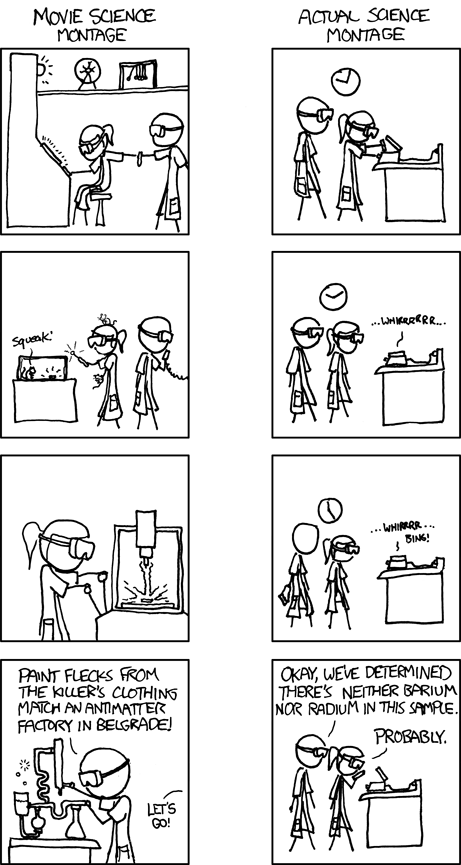getting started - MetabolicEngineeringGroupCBMA/MetabolicEngineeringGroupCBMA.github.io GitHub Wiki

This is a collection of instructions for students starting work in our group. We call our group mec which is short for Metabolic Engineering CBMA.
Carrying out a MSc or PhD project is probably fundamentally different from anything that you have done previously. It is important to understand this difference to make the most out of your project.
There are a number of ways you can prepare yourself for your project in order to get up to speed. Please read practical considerations.
It is now your responsibility to:
- understand your project.
- find and read relevant literature.
- think ahead on the next step of your work.
- know how your project fits into the big picture.
The importance of initiative has been dealt with many times in the literature. It is very applicable to MSc or PhD students. For example:
“The difference between people who exercise initiative and those who don’t is literally the difference between night and day. I’m not talking about a 25 to 50 percent difference in effectiveness; I’m talking about a 5000-plus percent difference, particularly if they are smart, aware, and sensitive to others.”
Stephen R. Covey, The 7 Habits of Highly Effective People
Use your time well. Many people live out their lives doing boring repetitive tasks. We are privileged to work in a university, which is perhaps the only place where truth is sought for it own sake and where people are willing to share their knowledge. Your results and the way you report them affects the body of science as a whole.
Famous physicist Richard Feynman suggested the five rules below that I reformulated a somewhat:
- If you're confused, ask questions.
- If you're stuck, seek help.
- If you're wrong, admit it.
- If you make a mistake, learn from it.
- If you learn something, teach others.

You should meet with your supervisor regularly by your own initiative. This is not the time to sit silent and wait for the supervisor to speak. Be prepared and organized. Write down a list of issues you want to discuss and prioritize the most pressing. Come prepared with solutions.
If you have repeated an experiment a number of times, your supervisor will want to know which variables were changed and what the results were. If you made several similar experiments trying to troubleshoot, name your experiment like PCR-GeneX-1-feb (some name/date combinations) in order to make it easier to identify and reference.
Doing good science is hard for everyone. Your supervisor might disagree with you or criticize your work. Do not take this personally. Make sure you understand the criticism. If you disagree with your supervisor, find arguments for your point and use them.
This is an important time to start building your own scientific self-confidence.
There is no shame in experiments not producing expected results, if they are well done. It's important to present the results of your experiment honestly, even if they are negative or inconclusive. This honesty is what earns you respect as an ethical researcher within the community.
Some useful links:
getting the most out of supervisor meetings

English is the language of science. Depending on your background you may have to improve your English.
Writing good English is different from writing good Portuguese. Please take steps to improve reading, writing and understanding if you feel that you need to improve these skills.
I have collected some free resources for learning English here.
